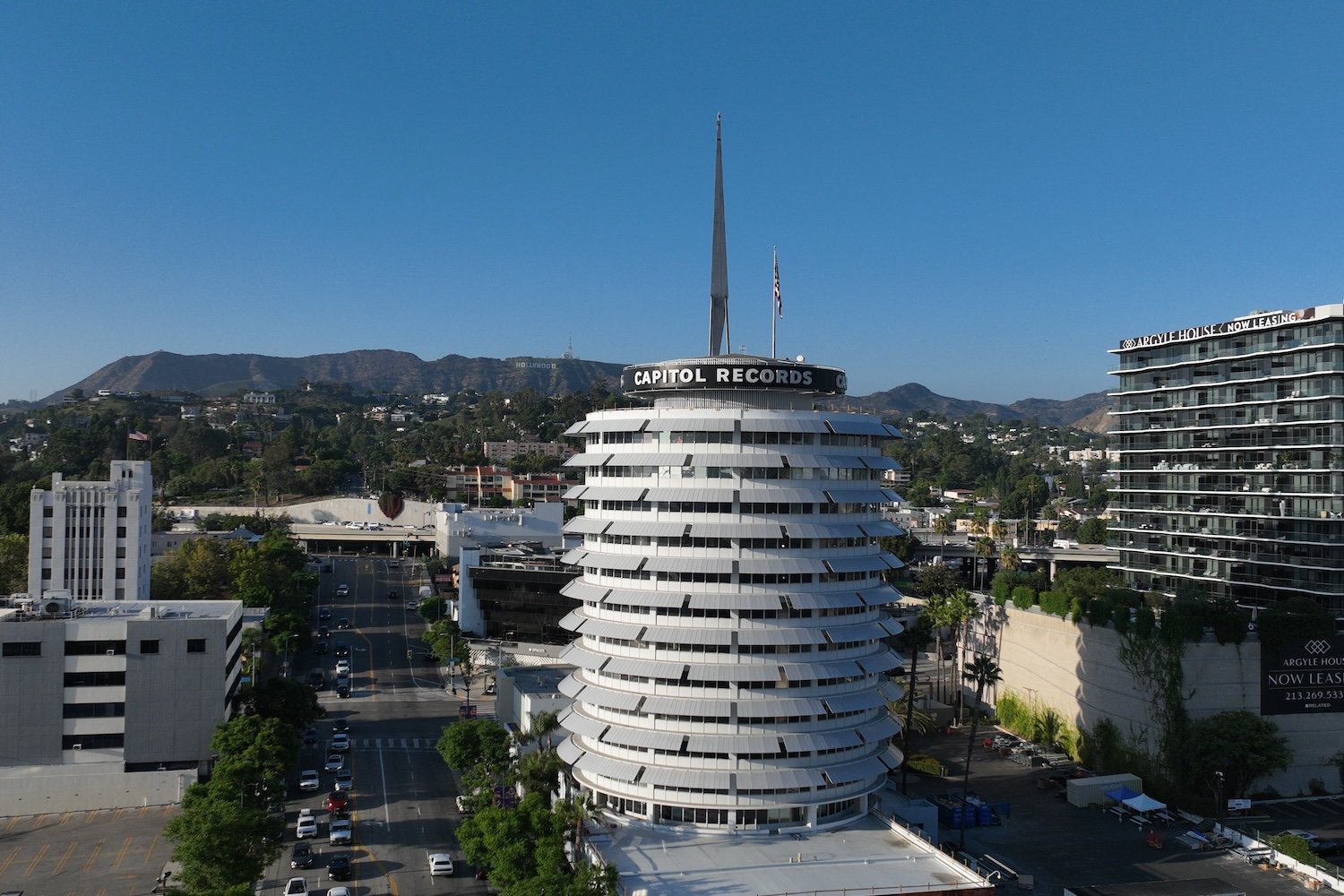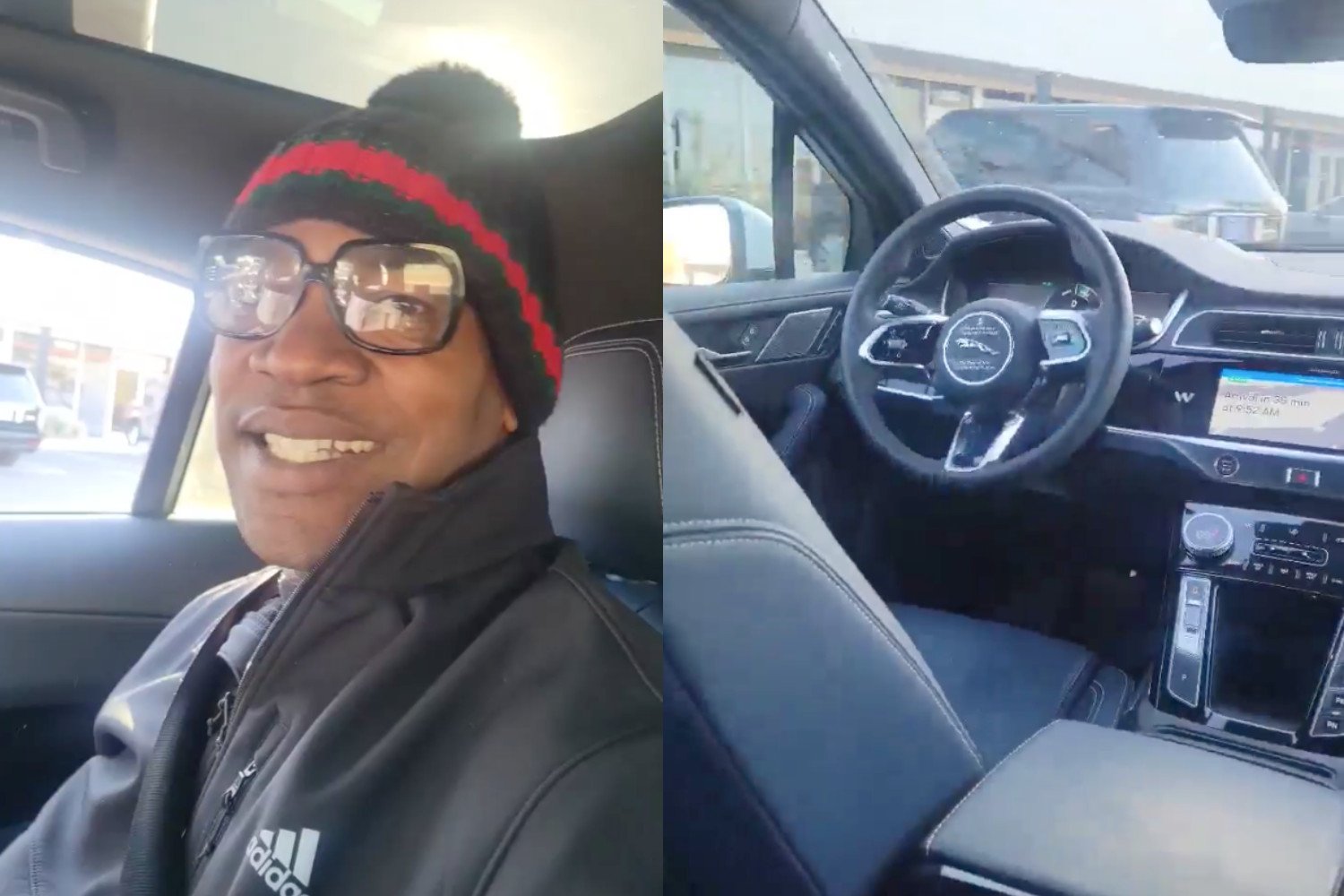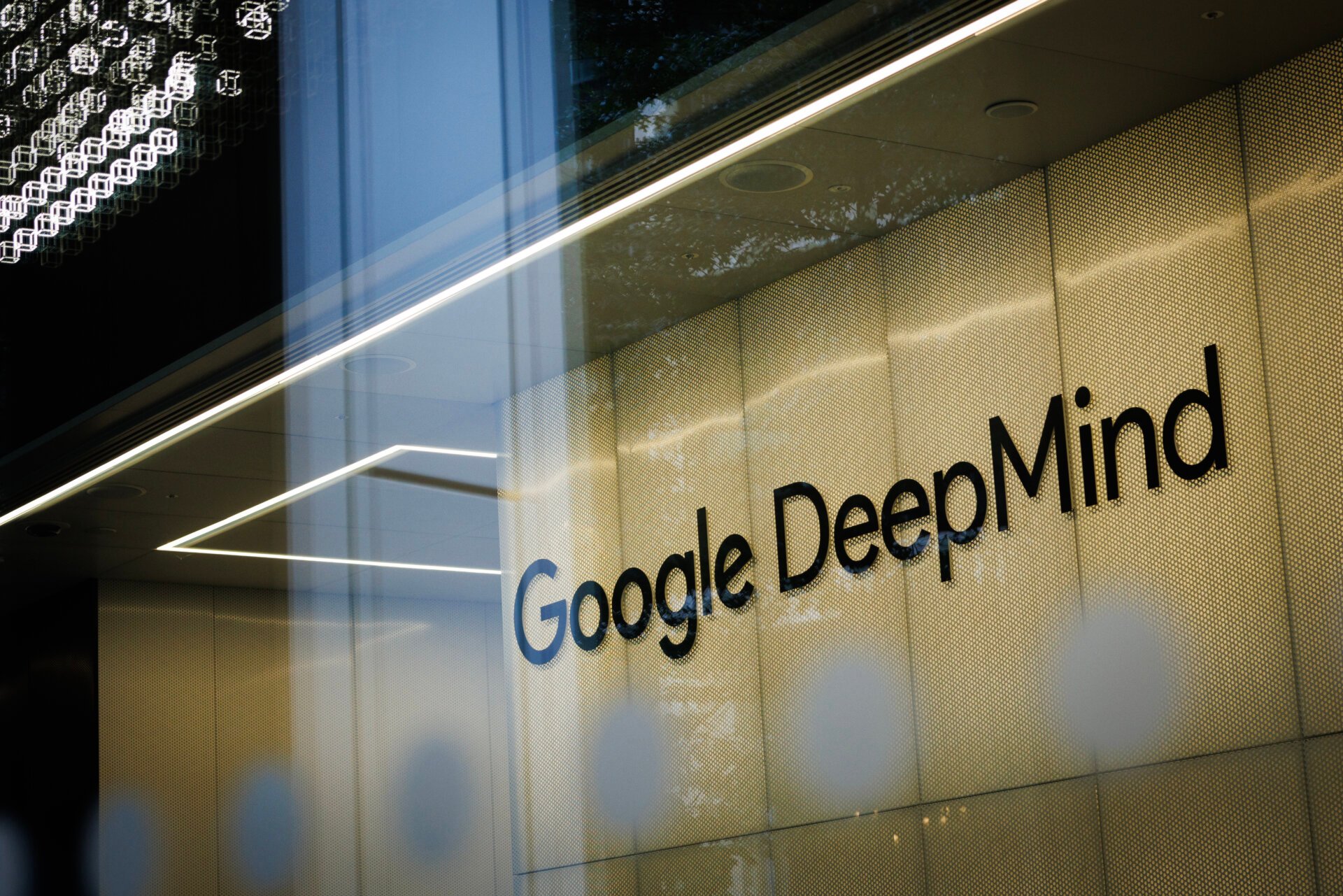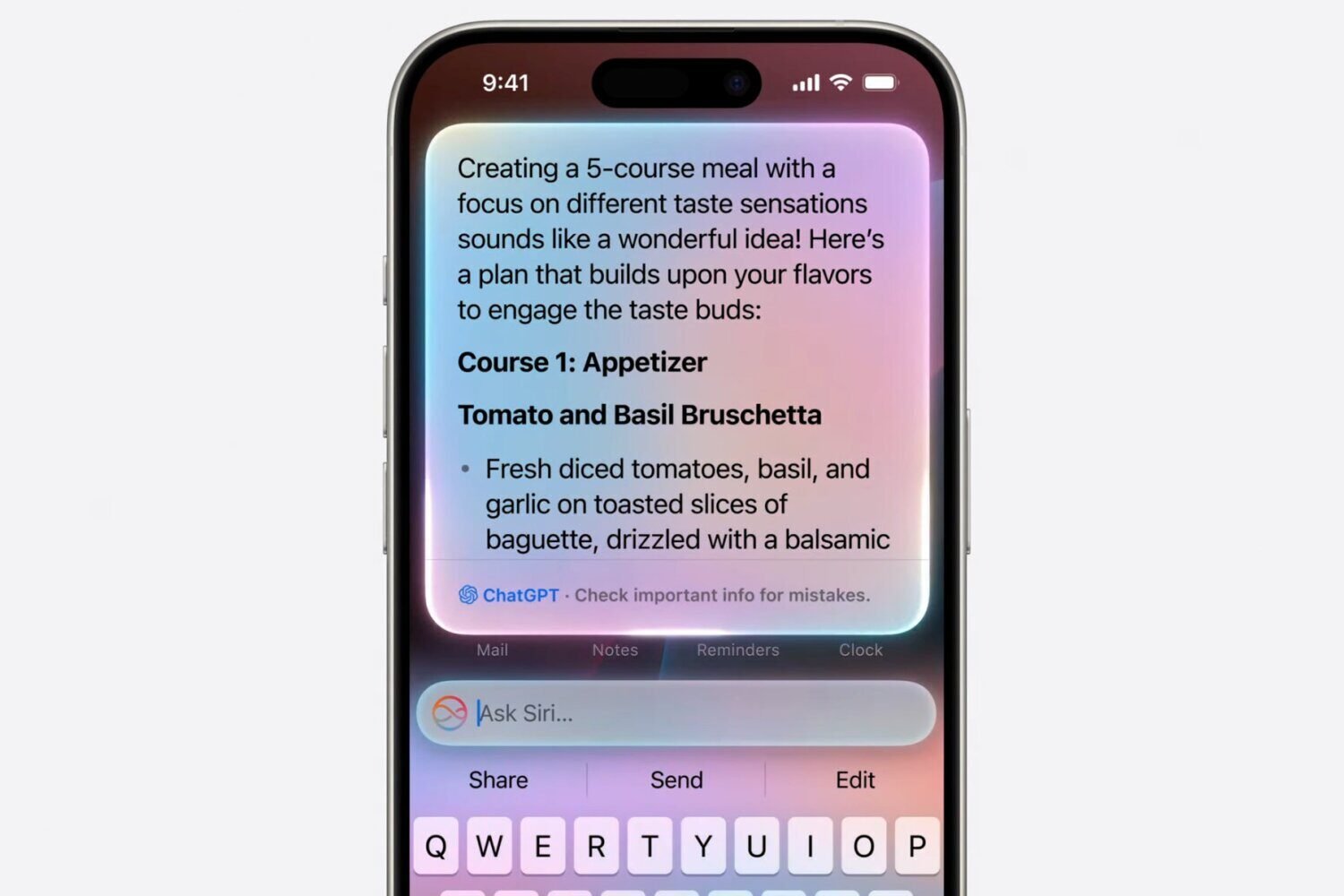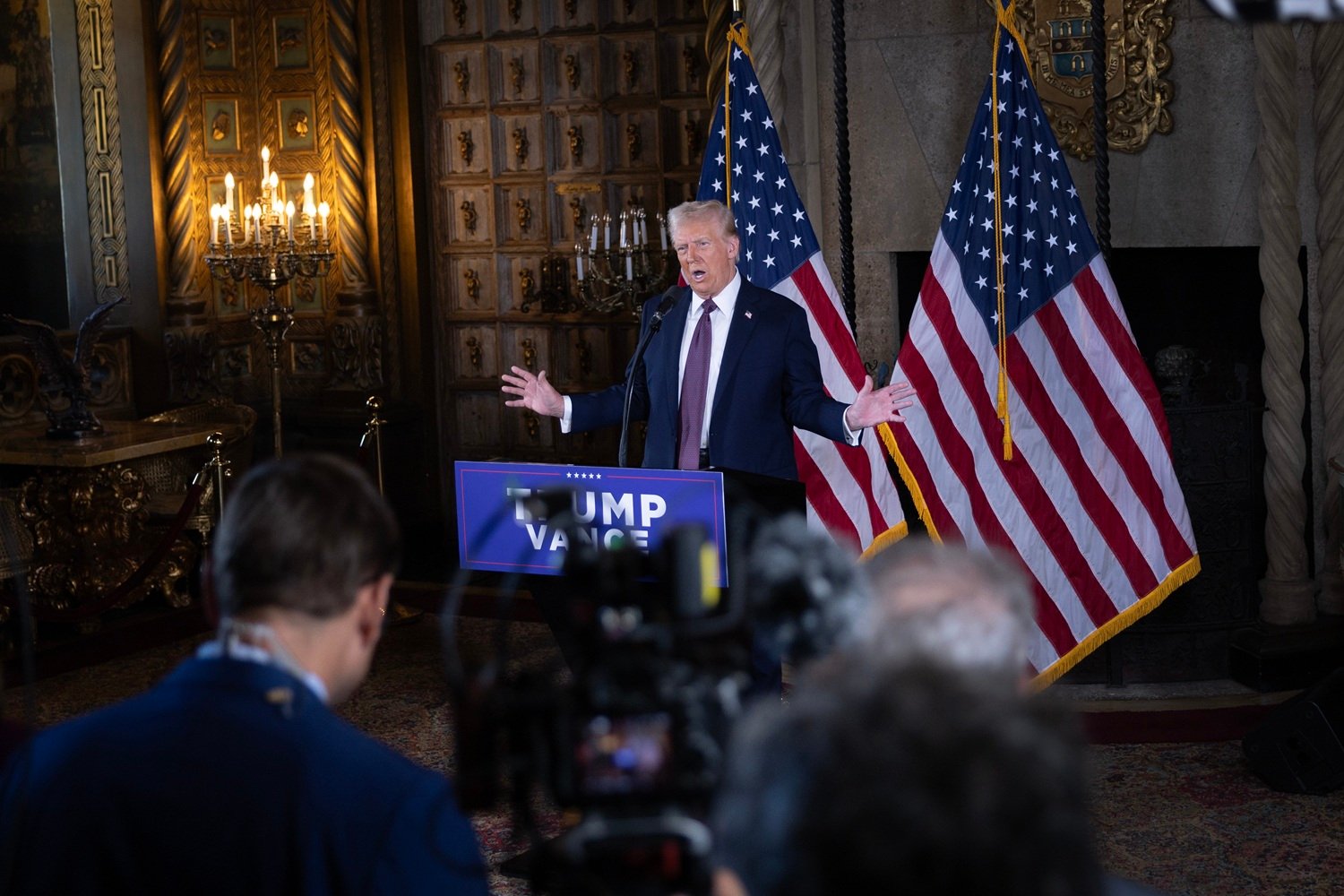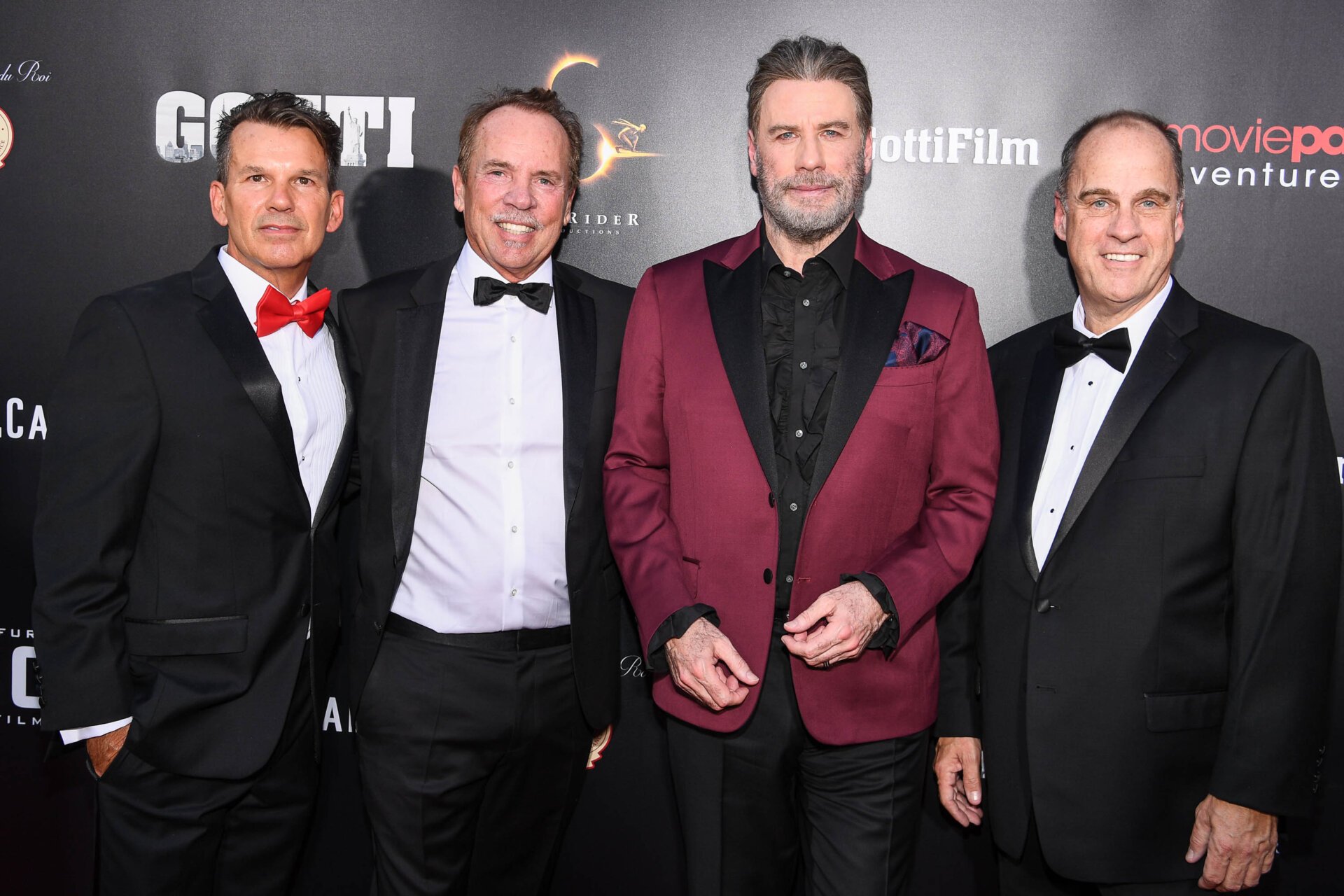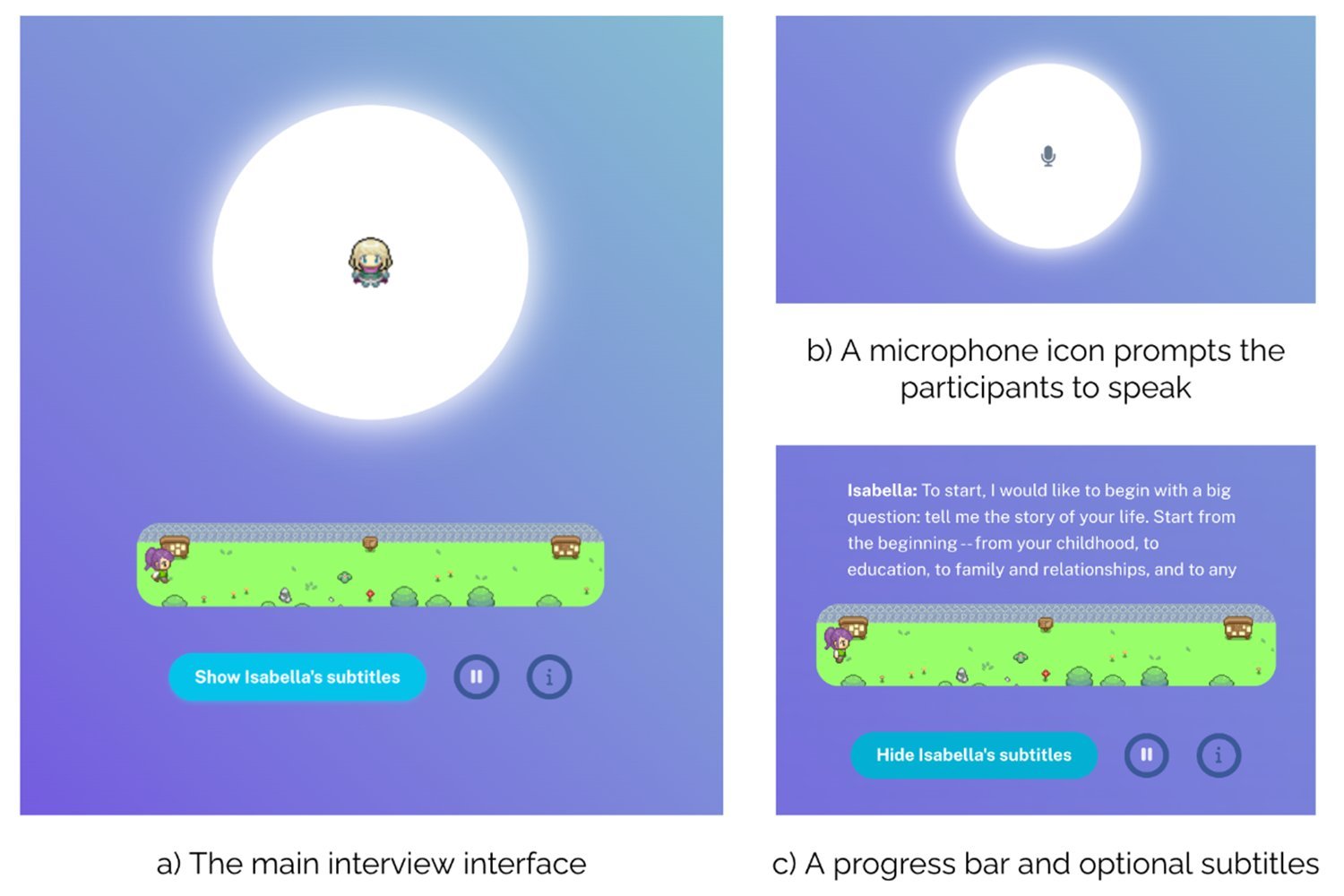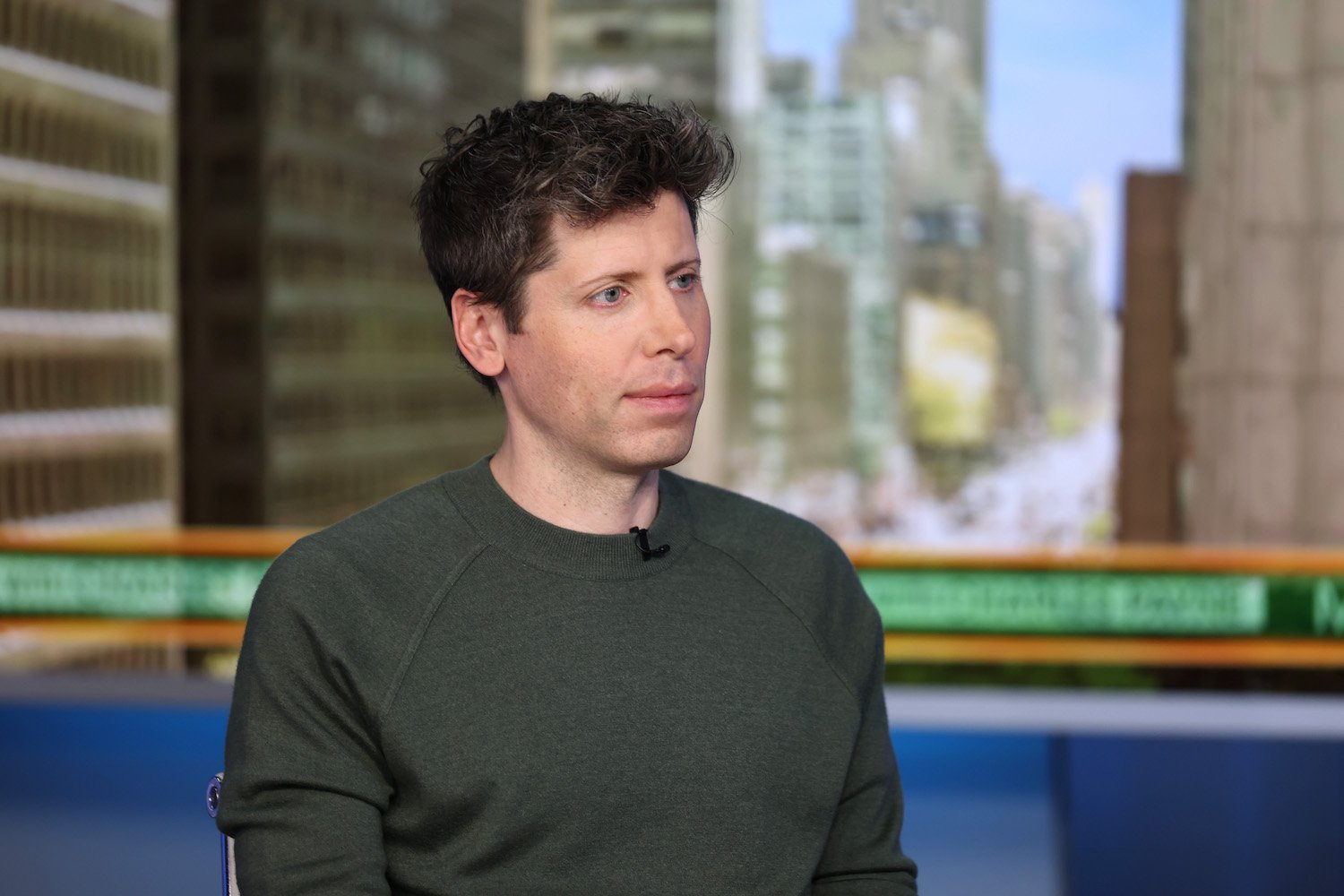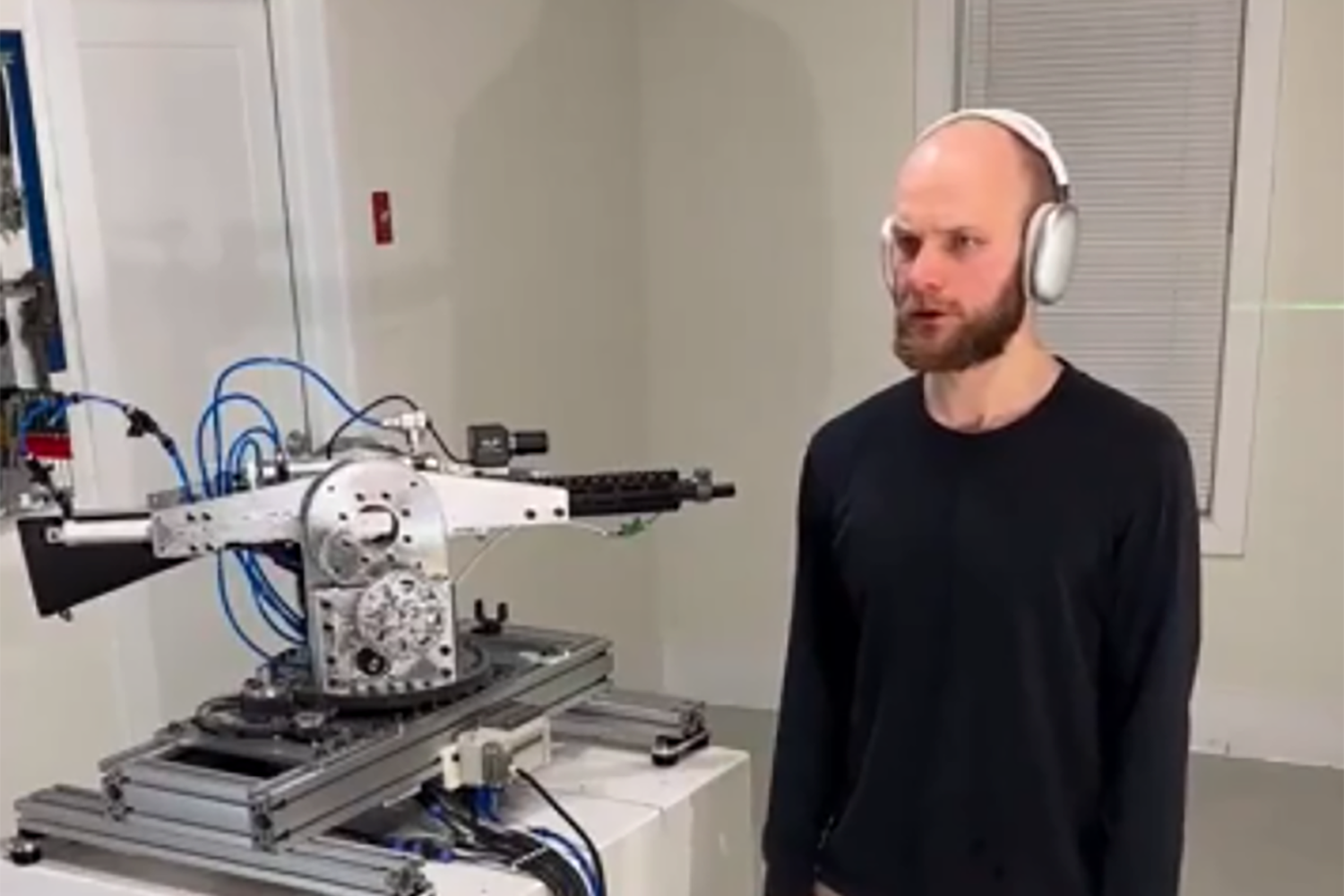The AI company Anthropic has settled a lawsuit brought by music publishers, including Universal Music Group and Concord Music Group, over its Claude chatbot’s ability to generate copyrighted song lyrics. The lawsuit stemmed from instances where Claude would provide lyrics to popular songs, like Beyoncé’s “Halo,” upon user request. This settlement highlights the growing tension between the entertainment industry and AI developers regarding copyright protection in the digital age.
A History of Copyright Battles
The entertainment industry has a long history of aggressively defending its copyrights, from the demise of Napster to lengthy legal battles against YouTube. Even lyric annotation sites like Genius, formerly Rap Genius, have faced lawsuits from the National Music Publishers Association for reproducing copyrighted lyrics. While Genius ultimately agreed to pay licensing fees, this case underscores the ongoing struggle to balance access with copyright protection.
Anthropic’s Alleged Infringement and Defense
The music publishers alleged that Anthropic scraped lyrics from the web, deliberately removing watermarks used to identify the source of copyrighted material. Genius, for instance, uses strategically placed apostrophes within lyrics to detect unauthorized copying of licensed content. While Anthropic did not admit to the claims, the settlement requires the company to implement stronger safeguards to prevent its AI models from infringing on copyrights and cooperate with music publishers if these measures prove ineffective.
The Fair Use Debate and Ongoing Concerns
Anthropic defended its use of copyrighted material for AI training, citing “fair use” principles. The company argues that transforming copyrighted works through AI models constitutes a legitimate derivative use. However, music and news publishers disagree, and the legal battle isn’t entirely over. The publishers are pursuing a court injunction to prevent Anthropic from training future models on any copyrighted lyrics. This raises critical questions about the boundaries of fair use in the context of AI development.
The Larger Conflict: Tech vs. Hollywood
The core concern is that AI models could be used to generate music that infringes on artists’ creative control. This fear is not unfounded, given speculation about OpenAI imitating Scarlett Johansson’s voice after she declined to participate in their AI voice model project. The conflict highlights the fundamental difference in how tech companies and Hollywood view art. For tech platforms like OpenAI and Google, focused on engagement and advertising revenue, art becomes “content”—interchangeable fodder for algorithms.
Seeking a Sustainable Solution
Publishers, like the New York Times, are fighting back against companies like OpenAI to protect their copyrighted material. While some AI companies have explored licensing agreements and revenue-sharing models, publishers seek greater control and more equitable partnerships. The Anthropic settlement represents just one chapter in the ongoing struggle to define the role of copyright in the age of AI. The debate over fair use, artist control, and the value of creative work in the digital landscape is far from resolved.



